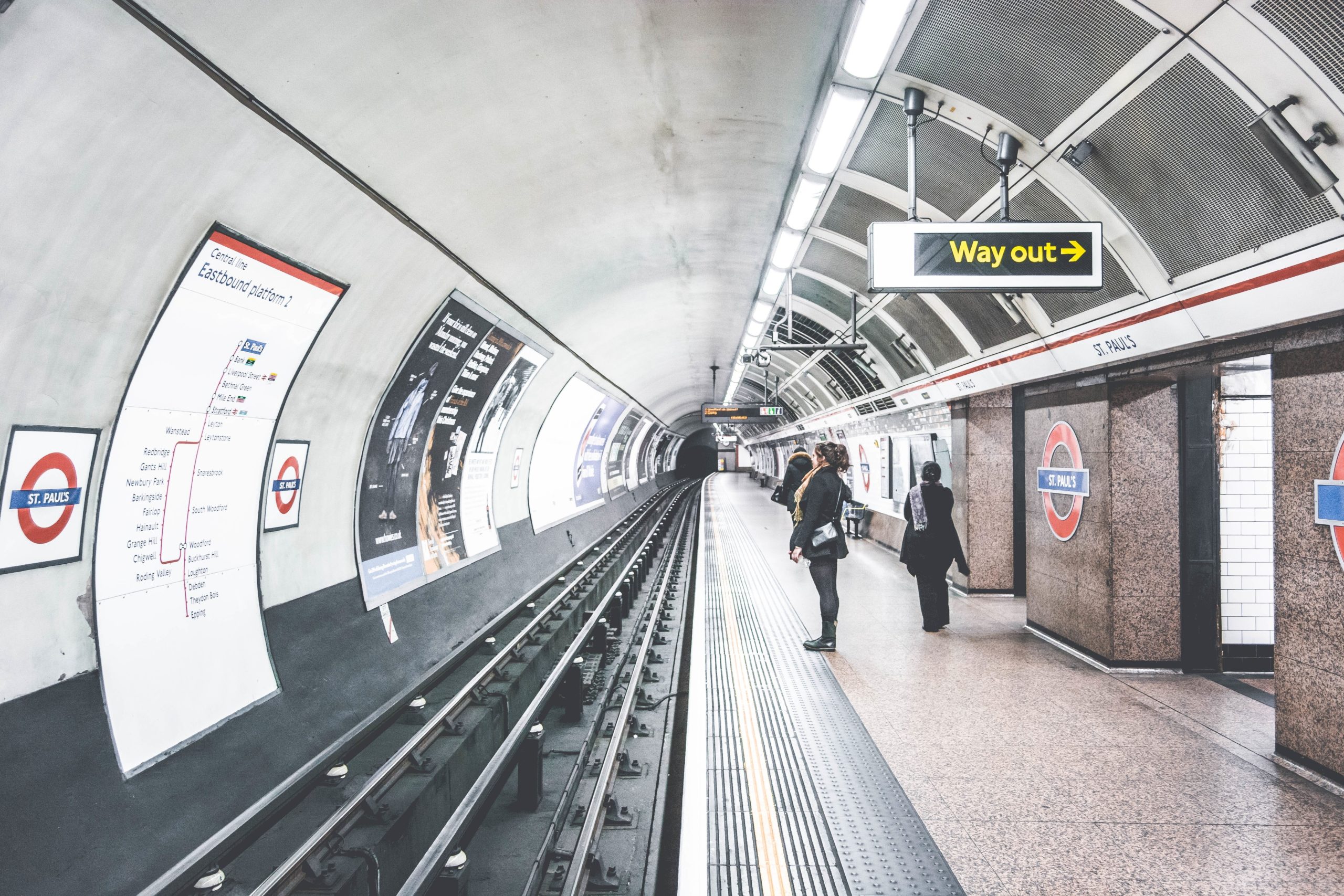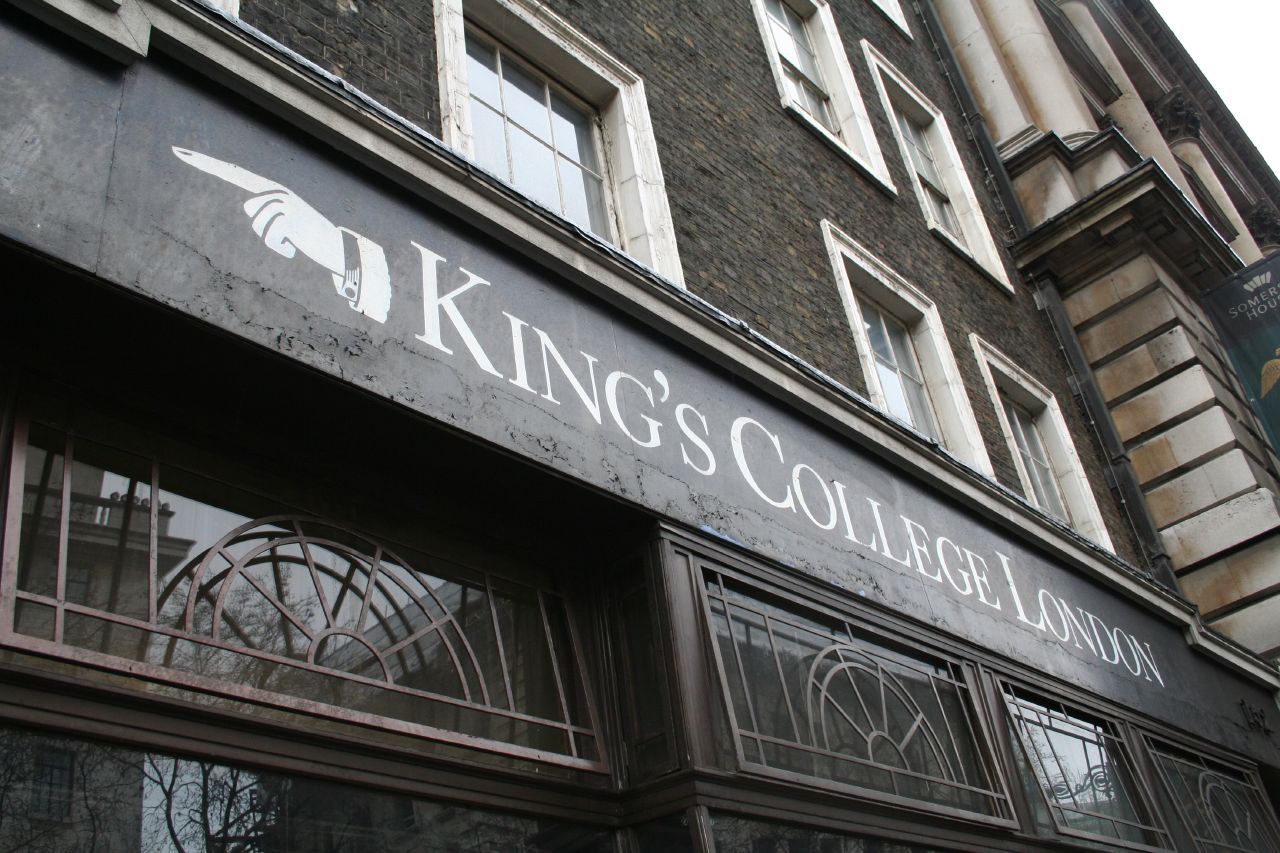Roar writer Rory Orwell on the coronavirus.
It is almost too unpredictable to process. This week, the UK government is leading on a war footing. In history, it is only during wars that we have seen normal life put on pause as mass mobilisations happen, forced development of emergency technology and equally forced restructuring of the economy and reform of society as normal life is put on pause. As well as, of course, added need for language people feel is inspiring and comforting. Yet in today’s strange new war the enemy is not an army but a microbe. Our army does not have guns, but instead PPE (personal protective equipment), and victory will not be the defence of either territory or ideology, but minimising the number of deaths.
Thus far, there has been some variety in the strategy and timing decided by governments in responding to coronavirus. As South Korea appears to turn round the virus, France, for example, is at the start of a potentially unsustainable lockdown which poses a great difficulty. Last week the UK government bucked a trend and was widely criticised as ‘laissez-faire’ for urging the public to take hygiene precautions, without itself taking extreme precautions such as top-down lockdowns as seen in mainland Europe. There seemed to be a stress-inducing dissonance between what people want to do and what the government does not yet ask them to do, much less force.
Yet in a way, it seems, this had led people to take things into their own (washed and virus-free) hands. It is as if Number 10 thinks, ‘trust the people’. As the government cannot directly protect us, we must trust ourselves to take care of ourselves and of the people and things we interact with.Â

Paris is under total lockdown, but for how long? Credit: Channel 4 News
Channel 4 News reported that on Thursday that in South London people still occupied the streets as if anticipating the army soon will. ‘Exactly’, said the correspondent, ‘what the government didn’t want’. On Wednesday the government advised to stay at home and avoid all unnecessary social contact, especially in the hotspot of the capital. Yet shopping outings were not acts of defiance, nor were they ‘keep calm and carry on’, but are preparation for an upcoming lockdown. This is planned to coincide with when the virus will be most widespread. Through its strategic communications and daily press briefings this week, the government has carefully created this expectation. It is important for co-operation that this psychological dynamic between the public and the government is well understood. The government must be empathetic and transparent to keep the trust and engagement of the public.Â
Humanity’s perennial obsession with societal collapse has resurfaced. Fear is emptying the streets and the shops, even in South London. The shelves, and stockrooms, too. Is the idea of ‘civic’ only a veneer, an illusion which is taken for granted when supply meets demand? This crisis has exposed that assumption of sufficient supply for what it is, an assumption; and supply chains for what they are, fragile and time-sensitive. Panic buying is a symptom of an atomised society, where self-interested humans dwell. The government rightly pleas for a reason, but given shops now ration products, it can be inferred that everyone is stocking up.Â
Supermarkets respond by keeping hours reserved only for elderly and vulnerable customers. When needs must, people have an astounding capacity to change convention. Local groups have created new links in their communities, reaching to those unable to go out. Silver linings are already appearing in the cloud of this rapidly unfolding and unpredictable tragedy. May we all stay safe and aware during this time, and bear in mind those with less wealth, youth, or health, who are left especially vulnerable to the virus and its resultant crisis. If we are in this together, it is, perhaps, to varying degrees. For the days, weeks, and months ahead, collective self-sacrifice is not a contradiction in terms, but a necessity.

















